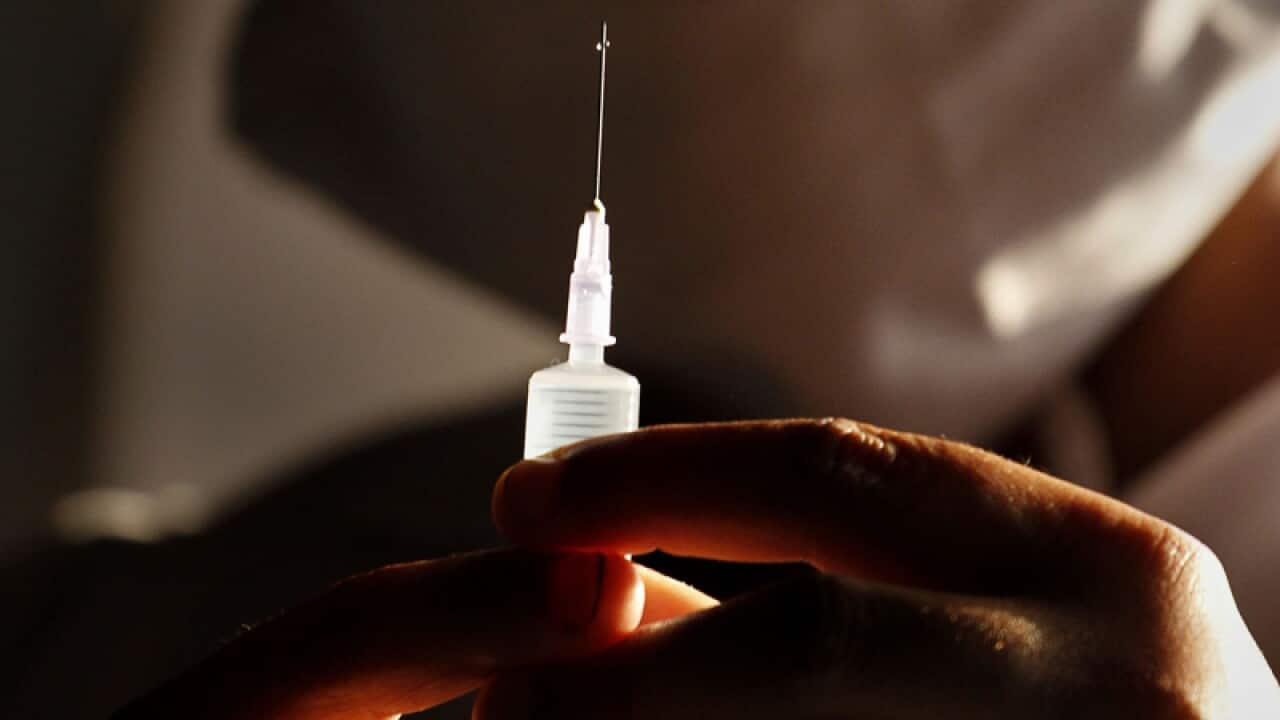Some digging by Australian researchers has found a potential new treatment for tuberculosis.
Research led by the University of Sydney has found antibacterial compounds found in soil can be used to create an effective "killer" of Mycobacterium tuberculosis (TB).
TB causes more deaths than any other infectious disease including HIV/AIDs and is becoming more resistant to antibiotics.
The World Health Organisation (WHO) on Thursday reaffirmed the critical need for research and development of new antibiotics to tackle the threat of multi-drug-resistant (MDR) tuberculosis (TB) that inhabits the lungs.
"Addressing drug-resistant TB research is a top priority for WHO and for the world," said Dr Margaret Chan, WHO Director-General.
"The MDR-TB public health crisis continues: there were an estimated 580,000 cases and 250,000 related deaths in 2015. Only 125,000 were started on treatment, and just half of those people were cured," Dr Chan said.
The WHO estimated more than $US800 million ($A1.0 billion) per year is currently necessary to fund "badly needed" research into new antibiotics to treat TB.
Aware of this dire need for new treatments, researchers at Sydney Uni were drawn to soil bacteria compounds known to effectively prevent other bacteria growing around them.
Using synthetic chemistry they were able to recreate the compounds with structural variations, turning them into more potent compounds called analogues.
When tested in a containment laboratory the analogues proved to be effective killers of TB.
"These analogues inhibit the action of a key protein needed to build a protective cell wall around the bacterium," said joint lead researcher Professor Richard Payne from the School of Chemisry.
"Without a cell wall, the bacterium dies. This wall-building protein is not targeted by currently available drugs."
Professor Payne, the winner of the 2016 Malcolm McIntosh Prize for Physical Scientist of the Year at the Prime Minister's Prizes for Science, says the findings are the starting point for a new TB drug.
Plans for further testing and safety studies is underway.
Share

